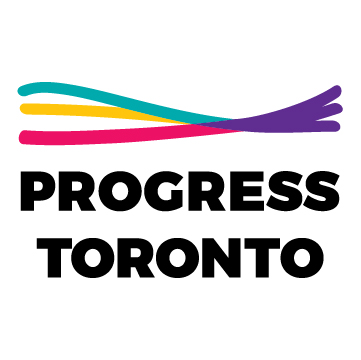Help Fund 2,000 Supportive Housing Units in 2022
In December 2020, Toronto City Council committed to creating 2,000 units of supportive housing annually to help address chronic homelessness experienced by thousands. But $27.6 million is still missing to fully fund them. The City says they’re waiting for the Province to fund the supportive services (like mental health and harm reduction supports), leaving 2,000 supportive housing units in limbo.
The Provincial Budget will be released in April. Tell the Mayor and City Councillors if Premier Ford doesn’t include the funding then City Council needs to so that 2,000 units of supportive housing are created without delay.
Why Supportive Affordable Housing:
Supportive housing is not only affordable but provides necessary services, like mental health and harm reduction supports, to help people stay housed. The City has 2,000 new units of housing that it is prepared to provide as affordable housing this year and that were planned to include supportive services.
If the City of Toronto doesn’t receive the Provincial funding to provide the supportive services in 2022, these will be affordable units but without the wrap-around services necessary to keep people living in them and housed.
An estimated 25-50% of people who are unhoused are in need of mental health services - supportive housing helps people and is necessary to end chronic homelessness. The Canadian Mental Health Association (CMHA) shares:
“For people living with a mental illness, safe and affordable housing can provide a place to live in dignity and move towards recovery. Supportive housing is recognized as a vital part of solutions to chronic homeliness, to helping people find and maintain stable housing, and to ensure people with MHA issues have access to supports that promote health and wellbeing. [CMHA Source]”
Why should the City pay up front when it’s the Provincial government’s responsibility?
Funding the wrap-around services is the Province’s responsibility. The City is currently negotiating with the Province to secure this funding. But in our current crisis Toronto can’t afford to delay bringing these supportive housing units online. The City can’t wait on Doug Ford. City Council needs to provide funding to make sure 2,000 more people have access to supportive housing if it is not included in the 2022 Provincial Budget.
The City’s own data shows that over 9,000 people are experiencing homelessness across Toronto right now. That number has grown year after year and we cannot afford to wait. If the City falls behind on its supportive housing targets, Toronto will be another year behind in addressing the homelessness crisis.
The City can’t delay these units. Call on the Mayor and City Council to commit to fund the missing $27.6 million for supportive housing if the Province leaves out this critical funding in the 2022 Provincial Budget:
What about future years?
For the City to meet its target of bringing online 2,000 supportive housing units a year it needs the provincial government to provide $48 million annually. As our housing and homelessness crisis continues to get worse, we know that a pathway out of chronic homelessness is providing supportive housing.
While the City advocates for the Provincial funding we deserve, the Mayor and Councillors need to fill the gap. We have a crisis on our hands and housing people shouldn’t be political football.
Send your message and make sure the 2,000 units open this year:
More Information:
City Council passed a motion in December 2020 committing to create and maintain 2,000 units of supportive housing annually. The motion relies on the Provincial government to fund operating costs for the wrap-around services. But in the 2021 Provincial budget, supportive housing remained unfunded.
That’s why in 2021 Progress Toronto, alongside advocates and thousands of people across the city, took action and won one-time funding from the Province for the supportive housing units to meet our 2021 target of 1,100. However, the Province has yet to commit to ongoing annual funding, so here we are again. As the housing crisis gets worse, the City cannot afford to miss its own target and provide supportive housing for 2,000 people—tell City Council to put the money forward now and work to get Premier Ford to pay them back:

